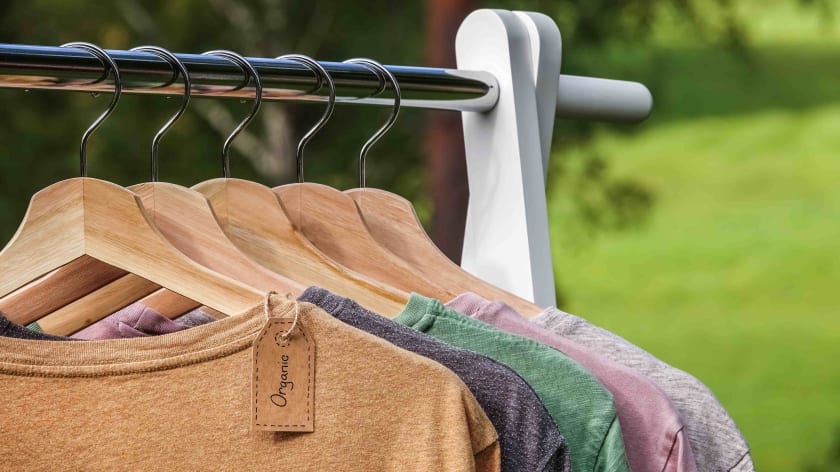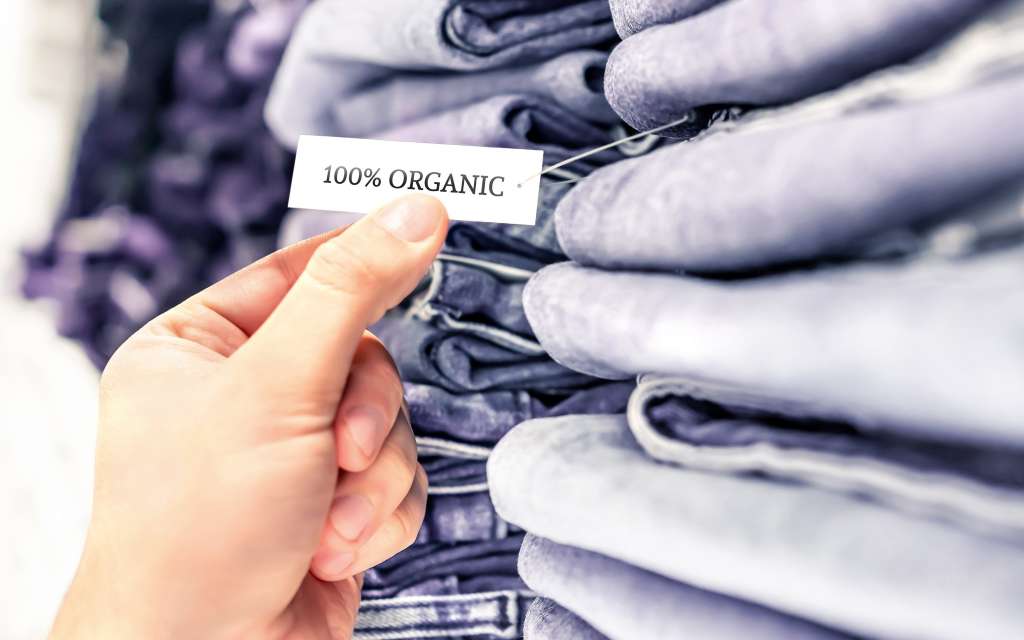Sustainable Fashion Brands: Connecting With Customers



Summary: Though most people do not consider sustainability while purchasing their clothing, about 15% make conscientious decisions. As more people become interested in sustainability, this number is expected to increase rapidly.
Think Fashion x Sustainability = Future of Fashion
Since the past decade, sustainable fashion has become a popular business trend with consumers. Brands are adopting sustainable initiatives to approach their customers with a fresh, innovative perspective about what they can do for themselves in terms of everyday dress and how it ties into issues related to the environment. As a result, consumers are moving away from buying disposable clothing that takes up vast space in their closets to more sustainable and renewable fashion brands.
The Dichotomy of Fashion Consumers
In an industry that is constantly evolving, fashion brands must be able to adapt to the ever-changing landscape to stay relevant. This is especially true when it comes to sustainability. As more and more consumers become aware of the impact their purchases have on the environment, they are increasingly looking for sustainable fashion brands that align with their values.
However, the reality is that not all fashion consumers are equally concerned with sustainability. There is a dichotomy regarding how much weight sustainability carries in the purchasing decisions of fashion consumers.
On the one hand, some consumers are willing to pay a premium for sustainable products. They see the value in investing in products that are good for the environment and want to support brands making a positive impact. On the other hand, there are fashion consumers who couldn’t care less about sustainability. For them, it’s all about getting the latest trends at the best prices.
So How Do Sustainable Fashion Brands Connect With Both Types of Customers?
It starts with understanding what motivates each group and then tailoring the marketing strategy accordingly. For example, sustainable luxury brands can appeal to customers interested in quality and craftsmanship by highlighting the unique features of their products. On the other hand, sustainable mass-market brands can focus on informing consumers about the environmental benefits of their products without breaking the bank.
What Do Sustainable Fashion Consumers Want?

Shared set of values: Consumers want fashion brands that align with their values regarding sustainable fashion. This means creating clothing, accessories, and home goods using sustainable practices such as fair trade, organic materials, and recycled materials.
Transparency: Consumers also want sustainable fashion brands to be transparent about their practices. Brands need to be open about where materials are sourced and how products are made.
Environment-friendly approach: Consumers also want to ensure that the fashion brands they support are working to positively impact the environment and the people involved in the supply chain.
Sustainable style: Finally, sustainable fashion consumers wish for stylish and modern brands. They don’t want to sacrifice style for sustainability – they want brands that provide both. When it comes to sustainable fashion, consumers are looking for brands they can trust to deliver on their promises of quality and sustainability.
How Sustainable Fashion Brands Can Reach the Everyday Consumer
As the world becomes more aware of the importance of sustainability, sustainable fashion brands are popping up everywhere. However, fashion brands often face the challenge of connecting with the everyday consumer. There are a few things that sustainable fashion brands can do to reach the niche consumer:
1. Create an emotional connection: Consumers want to feel good about the products they purchase and the companies they support. Sustainable brands can create an emotional connection with consumers by telling their stories and highlighting their positive impact on people and the planet.
2. Offer unique experiences: Sustainable brands can offer unique experiences that connect consumers with the brand on a deeper level. For example, some brands provide behind-the-scenes factory tours or allow consumers to customize their products.
3. Be transparent: Consumers appreciate it when they can easily understand how their purchases affect the planet. Sustainable fashion brands should use transparency to give consumers a better understanding of what they're supporting. It builds trust between the brand and consumers, which is essential for any business.
4. Foster relationships: As for any business, strong relationships are vital for sustainable fashion brands as well. These brands must build relationships with customers, employees, suppliers, retailers, and others to succeed.

Building Relationships With Customers
Building customer relationships is one of the most critical aspects of sustainable fashion brands. To connect with customers, brands must be authentic and transparent in their communication. They also need to provide customer service that is responsive and helpful.
Fortunately, there are a few things sustainable fashion brands can do to better connect with their target audience. By focusing on transparency, telling their story, and clicking on an emotional level, sustainable fashion brands can build trust and loyalty with consumers who care about making a difference.
Managing orders, inventory, and supply can challenge new fashion brands. At Fashinza, we comprehend how important it is to find reliable partners in the industry to solve these challenges. With our connections, you'll have the appropriate supply chain experience!
Key Takeaways
- Sustainable fashion brands that build strong relationships with their customers are more likely to be successful in the long term.
- These brands can create a loyal customer base that continues to support them.
- In addition, sustainable fashion brands with good relationships with their customers can get feedback and input from the customers that can help improve the brand.



















